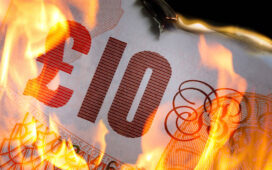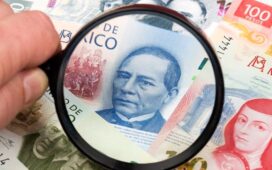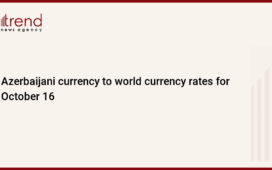The franc’s role as a safe haven led to massive appreciation against a range of currencies during the financial crisis. Indeed, for the Swiss central bank, the appreciation was all too massive, especially against the euro. On September 6, 2011, the Swiss National Bank (SNB) set a floor for the EUR/CHF exchange rate of 1.20 and declared its willingness to defend this line with unlimited purchases of foreign currency assets.[2] Carrying this policy out led to a massive increase in the SNB’s balance sheet. And, again, it may have been a case of too massive for the SNB.
On January 15, 2015, therefore, the SNB surprised the markets by announcing that it would abandon the exchange rate floor.[3] EUR/CHF briefly plunged to levels around 1 euro. After the SNB introduced negative interest rates shortly thereafter, the franc declined and the euro briefly bought almost 1.20 Swiss francs in May 2018. However, franc appreciation resumed from then onwards. Parity with the euro was finally broken in mid-2022, helped by the fact that Covid lockdowns in Switzerland were less drastic, allowing the economy to recover comparatively quickly.
Since the turn of the year, however, something of a trend reversal seems to be taking place. The Swiss franc is coming under a little more pressure, and not just because the SNB was the first of the major central banks to cut interest rates. Parity is suddenly within reach again, especially since the SNB is likely to continue cutting interest rates.[4] With the recent weakening, the Swiss currency is heading for its weakest quarter against the euro since 2003. Among the G10 currencies, only the Japanese yen has performed less strongly than the franc against the euro since the beginning of the year. Is this the new trend?





